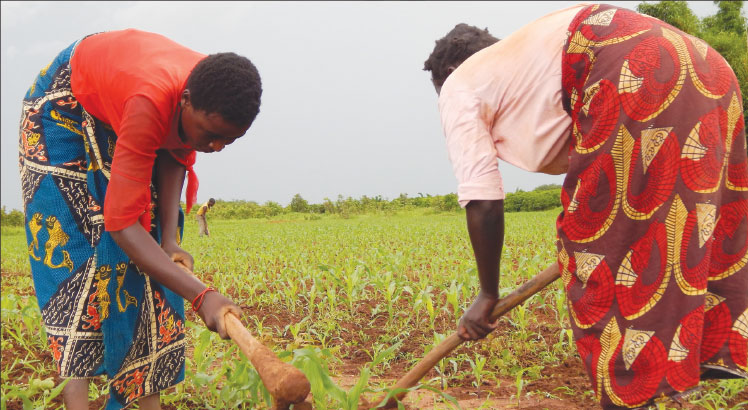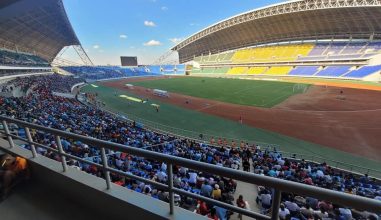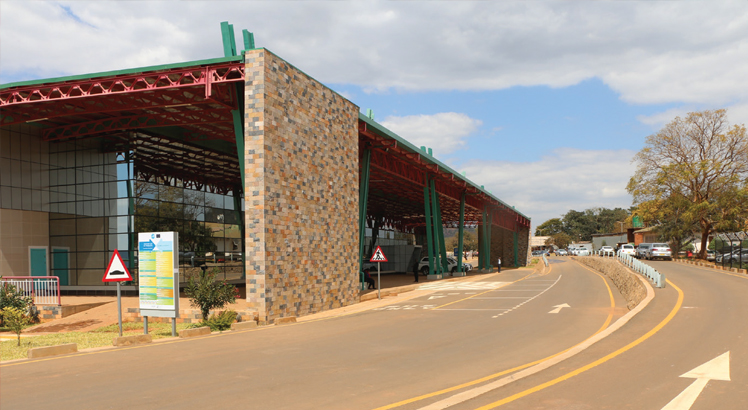World Bank tips govt on food security
A recent World Bank report shows that rising food inflation currently at 3.4 percent will push more people in the country into poverty.
Speaking when launching the 16th edition of Malawi Economic Monitor in Lilongwe on Thursday, titled ‘Planning Beyond the Next Harvest: Advancing Economic Stability and Agricultural Commercialisation,’ World Bank country director for Malawi, Tanzania, Zambia and Zimbabwe Nathan Belete observed that the trend highlights the urgent need to address challenges affecting the economy, in particular the agriculture sector.

He said one of the ways to achieve that, as the National Agriculture Policy notes, is to promote sustained growth of the sector through implementation of macroeconomic reforms and for advancing agricultural commercialisation.
Said Belete: “While different forms of agricultural commercialisation have not yet translated to rural economic transformation, the small but rapidly growing share of successful commercial smallholder farmers show the potential of this development model.”
The Economic Monitor has observed that smallholder agricultural production in Malawi is structured in such a way that it cannot sustain the reduction of poverty on a wide scale.
In his remarks, Minister of Finance and Economic Affairs Sosten Gwengwe said agricultural commercialisation is one of the pillars of the Malawi agenda aimed at transforming the economy and achieving a middle-income status.
He said government has prepared a Food Response Plan with resources from development partners for the delivery of cash and in kind food assistance.
On his part, Minister of Agriculture Sam Kawale said mega farms in Mangochi, Salima and Nkhata Bay are ready for implementation this year.
He said: “Our target is to grow cereals, maize and rice. We will be doing rain-fed and irrigation agriculture. We have already available farms like in Mbalachanda, where 24 000 hectares will be ready next year to grow cereals as well.”
On the economic developments, the report shows that the country’s public debt is in distress having jumped from 64.0 percent of gross domestic product (GDP) in 2021 to 76.6 percent in 2022.
The depleted foreign exchange reserves have also led to a dramatic compression of imports, caused by a structural trade deficit and rising debt-servicing payments, says the report.
In his contribution during a panel discussion, associate professor of economics at Malawi University of Business and Applied Sciences (Mubas) Betchani Tchereni pointed out that the biggest problem with the economy is that government behaves as if the country is rich, and borrows for luxury.
He said: “We live as if we are a rich people, if a person’s salary can’t afford a Toyota VX then why buy such a vehicle. We are poor but poor people don’t live like that.”
Reserve Bank of Malawi director of economic policy and research Kisu Simwaka said it is worrisome that the country has an annual import bill of K3 billion when it is only able to generate export receipts of K1 billion, implying that there is a K2 billion deficit, which leads to more borrowing and, eventually, debt burden.






One Comment